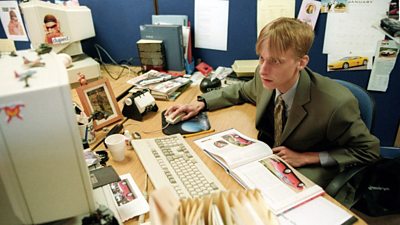As the host, ����ý staff have a responsibility for the safety of their guests, ensuring those visiting are fully aware of emergency arrangements.
What Can Go Wrong?
- Slips and trips from poor housekeeping and temporary equipment when filming/ recording
- Aches and pains in upper limbs, from poor working posture.
- Electric shock from poorly maintained/damaged electrical sockets/equipment
- Fire, due to close proximity of hot equipment to flammable furnishings
- Burns from contact with hot equipment.
- Lack of knowledge of buildings, its layout and emergency arrangements/ procedures.
Legal/����ý Requirements
- There are no specific legal requirements to draw to your attention; you must still apply the control measures that are relevant to your activity.
Control Measures
General housekeeping
- Undertake routine house-keeping around the office,eliminate slip, trip and fall hazards and visually check electrical equipment.
- Managers should ensure their staff are aware of local safety, first aid, fire and evacuation arrangements (including current Personal Emergency Evacuation Plans)
- Managers should check that testing electrical equipment in their area has been tested and labelled.
- Managers must ensure their office environment is inspected regularly and at least every two years.
- Problems should be reported to either IT support or Local Facilities Management (eg building, desk, cabling, equipment and catering issues):����ý Workplace Service Centre (England, Scotland and NI) 24 hours a day, 7 days a week. Short dial number: 0490 External: 0808 1688 962
- Wales helpdesk: internal *6000 or 23000, or external 02920 323000
- IT Helpdesk issues: 0440 for faulty IT equipment
Working with Computers/Laptops
- All staff have sufficient workspace, which is set up suitably
- All staff should do the , which gives tips and advice on working with computers, including laptops.
- Managers should review and act to resolve any arising issues from this.
Guests/Visitors
- Ask what assistance, if any, your guest might require to evacuate the building safely. See ‘Personal Emergency Evacuation Plan (PEEPs)’.
- Explain local fire and evacuation arrangements to visitors and ensure guests are accompanied when moving around the building.
Filming in Offices
- Where you plan to film / record in an office environment (whether inside the ����ý or external), check with the local Facilities/Building Manager to see what local arrangements are required and ensure those in office are happy to be filmed. For some ����ý buildings, such as NBH, generic risk assessments are available for such activities.
- Avoid trailing cables (fly, ramp or tape down), ensure fire exits are not obstructed with items/kit.
- When plugging into electrical sockets, carryout a visual check before plugging in. If damaged, do not use and report immediately.
- Use Martindale testers for polarity testing. These Testers are sourced via Safety Equipment Stores (0844 800 8875).
- When plugging equipment into sockets, use a Residual Current Device (RCD).
- Ensure any equipment which emits heat is positioned a safe distance from flammable materials to prevent overheating and potential fires.
- Allow time for hot equipment to cool down before stowing.
Non-����ý Offices
- If working in a third party (non ����ý) office, find out what the local building fire evacuation and emergency procedures are.
- Always seek permission before plugging into 3rd party (non ����ý) electrical sockets.
International Bureaux/Offices
- If working in an International Bureau please refer to the on Gateway
- For further advice please contact the
Division Specific Issues
- No division specific issues.
FAQs/Did You Know?
- There is an ‘Office Inspection’ checklist available on Safety Hub, which can be used to assist you with carrying out an office inspection.
Useful documents
Recommended links
-
-
-
[����ý network only]
Workplace Health topics
-
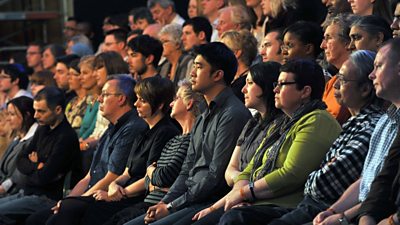
Audiences and Visitors to the ����ý
Guide to safeguarding those visiting our premises or attending our events / shows. -
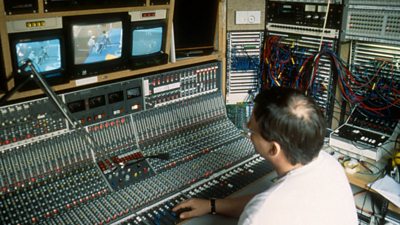
Display Screen Equipment (DSE)
Includes advice on completing assessments for various types of workstation and how to address any health issues. -

First Aid in ����ý Premises
This page also provides the arrangements and numbers for contacting ambulances and the National Central Control Room (NCCR). -
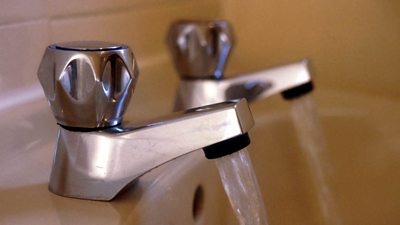
Legionella in Premises: Control of
This guidance provides an overview of how water systems are managed in premises to minimise the risks from the Legionella bacteria. -

Manual Handling
If your job involves lifting or carrying heavy or awkwardly-shaped equipment, or repetitive lifting, you need to know how to minimise the risk of injury. -
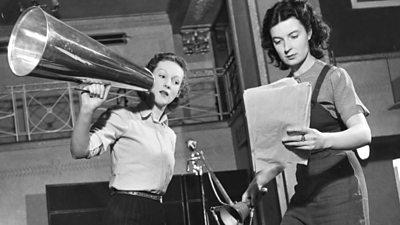
Noise at Work
Controlling the exposure to noise at work which can be harmful to one's hearing. -
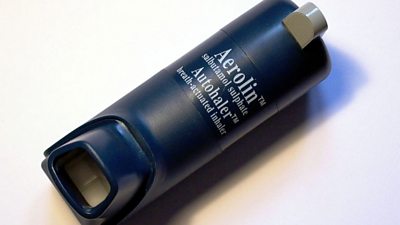
Occupational Asthma
A guide to situations in which asthma could be caused by inhaling certain substances in the course of your work. -

Office Safety
This guide provides general advice for working in both ����ý offices and third party (non ����ý) offices. -
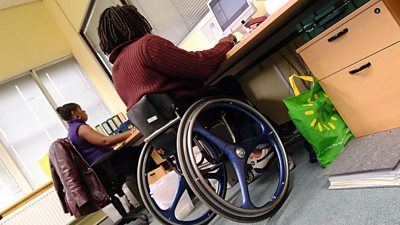
Personal Emergency Evacuation Plan (PEEP)
Guideline describing the measures to take to ensure those who need it can get assistance to evacuate a premises during a fire or other emergency. -

Shift Working and Night Shifts
The risks of shift working and how to minimise the effects of night shift working by taking care of your health and environment. -
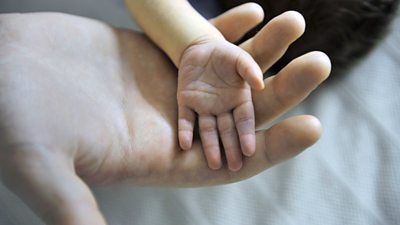
Skincare and Dermatitis
A guide to looking after your skin and recognising the symptoms of dermatitis which is a reaction that occurs when our skin becomes inflamed.
More from SSR
-
Your platform to record accidents, risk assessments, assurance monitoring and inspections
-
Safety Equipment Stores
Just one number to call: 020 3614 5155 -
����ý Safety Guidelines
An A-Z of ����ý's Health and Safety Guidelines -
Safety Advice Line: 0370 411 0464 Email: safety@bbc.co.uk
Events guidance - key links:
- Exhibitions
- General Guidance
- Indoor Location Recce Checklist
- Outdoor Location Recce Checklist
- Major Incidents & Emergency Planning
- Marketing and Promotional
- Noise Exposure
- Planning and Management
- Responsibilities
- Responsibilities Form
- Laser Lighting Effects
- Strobe Lighting
- Temporary Stages and Rostra
Health topics - key links:
- (����ý network only)
- Contributors Fitness to Participate
- Display Screen Equipment (DSE)
- (����ý network only)
- First Aid and Welfare on Location
- International Travel - Risks & Health
- Manual Handling
- Mental Health: Homepage
- (����ý network only)
- Personal Health and Wellbeing
- Pregnancy
- Psychological Trauma Support & Trauma Risk Management (TRiM)
- Tiredness and Fatigue
- Travel Health Contacts
����ý High Risk - key links:
- CBRN and Industrial Spills
- Covert Filming
- Crisis Management and Security Support
- Demonstrations, Protests and Crowds
- Disaster Coverage
- Door Stepping
- (����ý network only)
- (����ý network only)
- Public Order
- Safety Equipment Stores
����ý Journalism - key links:
����ý Productions - key links:
- Aerial Filming and Airfields
- Animals: Displaying and handling for performance
- Boats: Working on
- Children and Young People
- Driving
- Electrical Equipment and Systems
- First Aid and Welfare on Location
- Food Safety (Cooking and Catering)
- Remote Location Working
- Roads and Streets: Working by
- Security of Productions on Location
- Stunts
- Tiredness and Fatigue
- Unmanned Aerial Systems (UAS aka Drones)
- Vehicles: Recording in, from and around
- Working at Height: Mobile Elevating Work Platforms
- Working at Height: Tower Scaffolds
����ý Radio - key links:
- (����ý Network only)
����ý Security - key links:
����ý Sport - key links:
About this site
This site describes what the ����ý does in relation to managing its health, safety and security risks and is intended for those who work directly for the ����ý.
It is not intended to provide instruction or guidance on how third parties should manage their risks. The ����ý cannot be held liable for how this information is interpreted or used by third parties, nor provide any assurance that adopting it would provide any measure of legal compliance. More information
Some links on this site are only accessible when connected to the ����ý network
